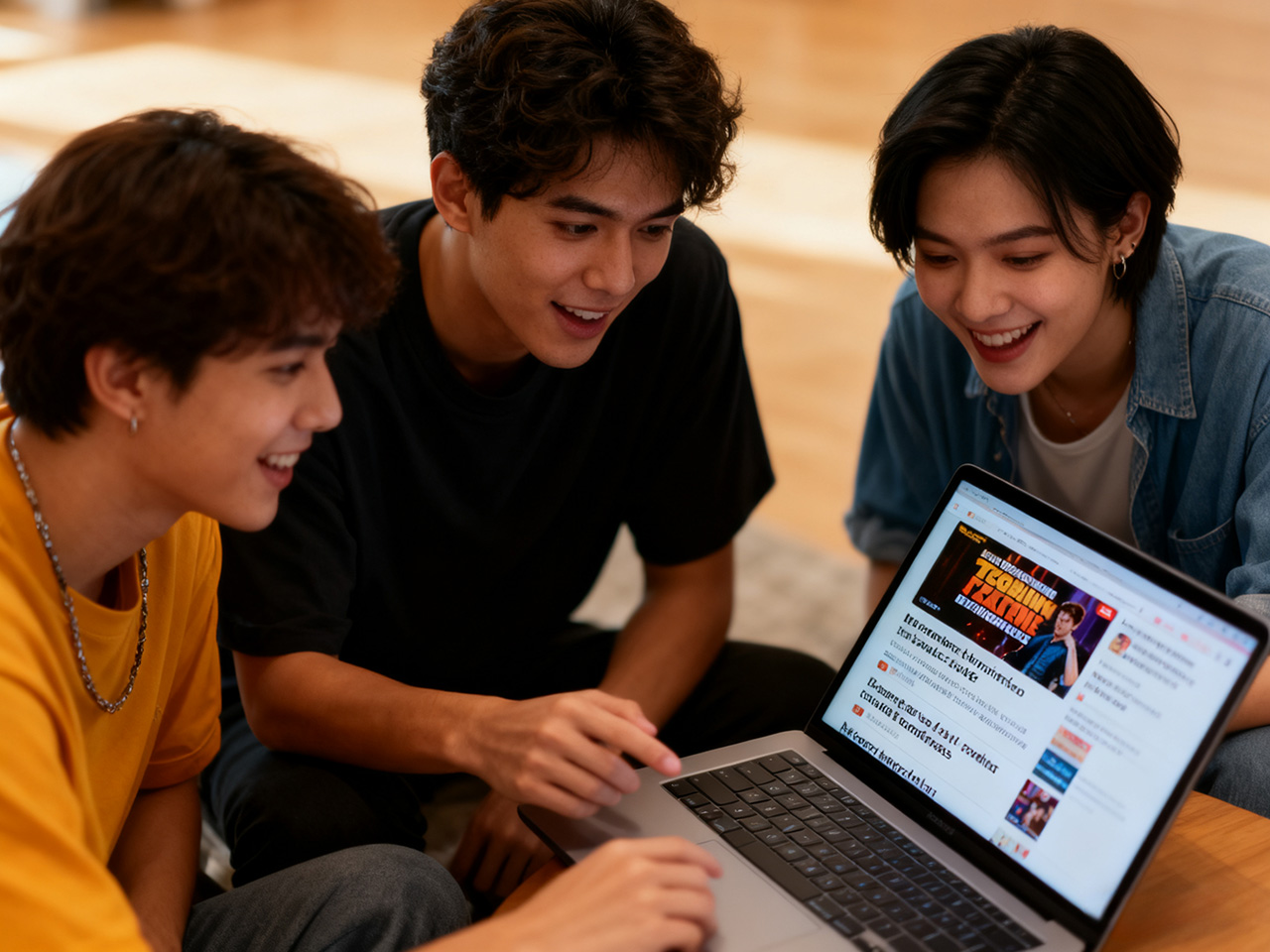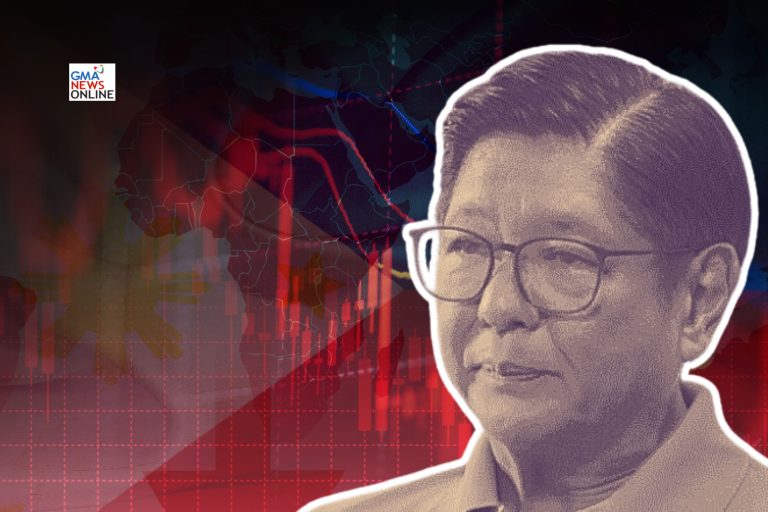
The Role of Social Media in Shaping Entertainment News: A Deep Dive
In the digital age, social media has revolutionized the way we consume information, particularly in the realm of entertainment news. From breaking news about celebrity scandals to the latest blockbuster releases, platforms like Twitter, Instagram, and TikTok have become the primary sources of updates for millions of users worldwide. This transformation has not only changed the landscape of entertainment journalism but also the way audiences engage with content. In this blog post, we’ll explore how social media shapes entertainment news, the advantages and challenges it presents, and what the future may hold for this evolving dynamic.
The Evolution of Entertainment News
Traditionally, entertainment news was disseminated through print media, television, and radio. Publications like Vanity Fair and television networks such as E! News dominated the scene. However, the advent of social media has democratized news reporting, allowing anyone with an internet connection to participate in the conversation. This shift has led to a more diverse range of voices and perspectives, but it has also raised questions about the accuracy and reliability of the information being shared.
Social Media as a News Source
Social media platforms have become the go-to sources for the latest in entertainment news. Twitter, for example, allows users to follow their favorite celebrities and organizations, receiving real-time updates directly from the source. Instagram and TikTok offer visual storytelling in the form of photos and short videos, providing a more engaging and instant way to consume news.

According to a study by the Pew Research Center, a significant portion of adults in the United States now get their news from social media platforms. This shift indicates a change in consumer behavior, with audiences preferring quick and accessible content over traditional news formats.
The Impact on Traditional Media Outlets
As social media continues to grow as a primary news source, traditional media outlets have had to adapt to stay relevant. Many have established a strong online presence, using social media to distribute content and engage with audiences. This adaptation has led to a more interactive form of journalism, where audiences can actively participate in discussions and share their opinions.
However, the reliance on social media also presents challenges for traditional outlets. The pressure to deliver news quickly can lead to the spread of misinformation, as seen in several high-profile cases where erroneous reports circulated widely before being corrected. This issue highlights the importance of fact-checking and responsible reporting in the digital age.
User-Generated Content and Citizen Journalism
Social media has also given rise to user-generated content and citizen journalism. Platforms like YouTube and TikTok allow users to create and share their own content, which can quickly gain traction and reach a wide audience. This trend has empowered individuals to become influencers and opinion leaders, often having a significant impact on public perception and discourse.
While this democratization of content creation has its benefits, it also raises ethical concerns. The lack of professional oversight and editorial standards can lead to biased or misleading information being shared. As such, consumers must remain vigilant and critical of the sources they rely on for news.

The Role of Algorithms in Shaping News Consumption
Algorithms play a crucial role in determining what content users see on social media platforms. These algorithms are designed to prioritize content that is likely to engage users, often favoring sensational or emotionally charged news. This can lead to the amplification of certain stories while others are overlooked, impacting the diversity of information available to users.
Understanding the influence of algorithms is essential for both consumers and content creators. By recognizing how these systems work, users can make more informed choices about the content they engage with, and creators can develop strategies to ensure their content reaches the intended audience.
Advantages and Challenges of Social Media in Entertainment News
The rise of social media as a news source offers several advantages. It provides immediate access to information, fosters a more interactive relationship between news creators and consumers, and allows for a broader range of voices and perspectives. However, these benefits are accompanied by challenges, such as the spread of misinformation and the potential for echo chambers, where users are only exposed to information that aligns with their pre-existing beliefs.
To mitigate these challenges, social media platforms are implementing measures to improve the accuracy of information. For example, Twitter has introduced features to flag misleading content, while Facebook has partnered with third-party fact-checkers to verify the credibility of news stories.

The Future of Social Media and Entertainment News
The relationship between social media and entertainment news will continue to evolve as technology advances and consumer behaviors change. Virtual and augmented reality, for instance, may offer new ways for audiences to experience news, providing immersive and interactive content that was previously unimaginable.
Furthermore, as platforms work to address the challenges of misinformation and bias, the quality and reliability of social media as a news source are likely to improve. This evolution will require ongoing collaboration between social media companies, content creators, and audiences to ensure a balanced and informed media landscape.
Takeaways
Social media has fundamentally reshaped the way we consume entertainment news, offering both opportunities and challenges. While it provides a more democratic and interactive platform for news dissemination, it also necessitates greater responsibility from users and creators alike to maintain the integrity and accuracy of the information shared. As we look to the future, the ongoing interplay between social media and entertainment news will continue to shape our understanding of the world and the stories that captivate us.
Strategies for Navigating Social Media News Consumption
For consumers looking to navigate the complexities of social media news consumption, several strategies can be beneficial. First, diversifying the sources you follow can help provide a more balanced view of the news. By engaging with content from a variety of platforms and creators, users can gain a broader perspective on the issues that matter.

Second, critical evaluation of the sources and content is vital. Users should consider the credibility of the information they encounter, checking for source transparency, author expertise, and corroborative evidence before accepting news as fact. Platforms like Snopes can serve as valuable tools in verifying the authenticity of viral stories.
Third, engaging in constructive dialogue with other users can enhance understanding and broaden perspectives. Social media offers a unique opportunity to discuss and debate ideas with a global audience, facilitating a richer exchange of viewpoints and insights.
The Role of Influencers in Entertainment News
Influencers have become pivotal in shaping entertainment news on social media. With substantial followings, these individuals often act as curators of information, sharing news and opinions that resonate with their audiences. Influencers can also drive trends and conversations, playing a crucial role in the dissemination of entertainment news.
However, the influence of these personalities raises questions about accountability and authenticity. Followers must discern between genuine endorsements and paid promotions, recognizing the potential for bias in influencer-driven content. Transparency remains key, with many platforms now requiring influencers to disclose paid partnerships to maintain trust with their audiences.
Social Media’s Influence on Public Opinion and Cultural Trends
Social media’s impact on public opinion and cultural trends cannot be overstated. Viral challenges, memes, and hashtags have the power to shape public discourse and influence societal norms. Entertainment news often plays a central role in these trends, with stories about celebrities and pop culture events sparking widespread conversation.

The rapid spread of information on social media also allows for the mobilization of social movements and campaigns. From the #MeToo movement to calls for representation and diversity in media, social media has been instrumental in raising awareness and driving change. This influence highlights the potential for social media to serve as a catalyst for positive societal transformation.
Challenges Facing Social Media Platforms
Social media platforms face several challenges in the realm of entertainment news. One significant issue is balancing the need for free expression with the responsibility to prevent the spread of harmful content. Platforms must navigate the complexities of content moderation, ensuring that users can express themselves while protecting them from misinformation and abuse.
Additionally, the evolving regulatory landscape poses challenges for social media companies. Governments worldwide are increasingly scrutinizing the role of these platforms in society, with legislation aimed at curbing misinformation, protecting user data, and ensuring fair competition. How social media companies respond to these challenges will shape their role in the future of entertainment news.
Conclusion and Looking Forward
The relationship between social media and entertainment news is dynamic and multifaceted. As technology continues to evolve, so too will the ways in which we consume and engage with news content. By understanding the challenges and opportunities presented by social media, consumers and creators alike can contribute to a more informed and connected world.
Ultimately, the future of entertainment news on social media will depend on the collective efforts of all stakeholders to prioritize accuracy, diversity, and authenticity. By embracing these principles, we can ensure that social media remains a vital and positive force in shaping our understanding of entertainment and the broader cultural landscape.



